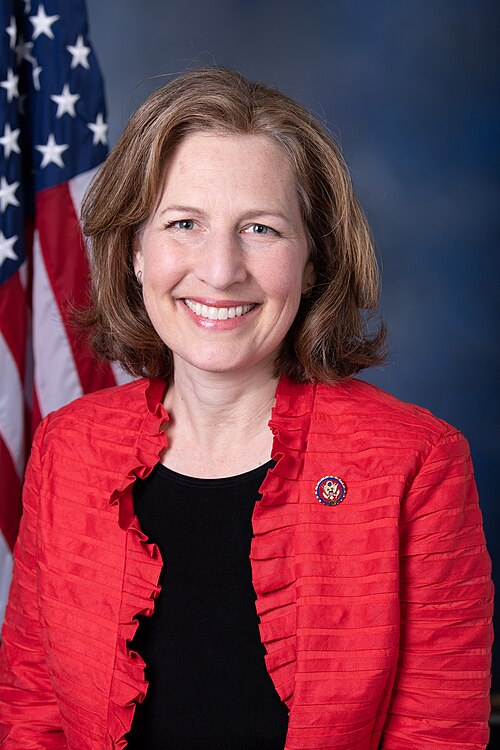H.R. 3995: State Public Option Act
The State Public Option Act aims to establish a public health insurance option by allowing individuals to buy into Medicaid coverage. Here are the main components of the bill:
Medicaid Buy-In Option
- The bill amends the Social Security Act to create a structure where eligible individuals can enroll in Medicaid starting January 1, 2026. This includes individuals who are not currently enrolled in any other health insurance plan.
- Individuals will pay premiums and other cost-sharing fees, enabling them access to Medicaid benefits.
- States will be required to offer this buy-in option through their health insurance exchanges.
Coverage Requirements
- The Medicaid buy-in program must provide at least minimum essential health coverage as specified by federal guidelines. This will include coverage for a range of medical services.
- The bill places limits on the premiums charged, capping them at 8.5% of the household income.
- Cost-sharing requirements will align with existing ACA guidelines, ensuring that Medicaid participants are eligible for cost-sharing reductions under the Affordable Care Act.
Financial Incentives
- The bill introduces enhanced federal funding amounts for state administrative costs related to the Medicaid buy-in program, contributing up to 90% for reasonable administrative expenses.
- States that collect premiums will remit a percentage of excess revenues to the federal government.
Managed Care and Quality Measures
- Legislation mandates that states provide updated quality measures for the population opting into the buy-in program.
- States will be empowered to implement managed care solutions for Medicaid buy-in participants, ensuring quality and cost-effectiveness in healthcare delivery.
Coverage for Sexual and Reproductive Health Services
- The bill requires that comprehensive sexual and reproductive health services, including abortion services, are included in the Medicaid coverage offered under the buy-in option.
- States may need to modify their Medicaid plans to ensure that these services are available as part of the health coverage offered to eligible individuals.
Funding for Implementation
- The bill allocates $50 million for the fiscal year 2026 to support states in updating and implementing necessary quality measures and operational adjustments related to the buy-in program.
Impact on Providers
- Medicaid reimbursement rates for primary care services will be updated to ensure they are at least equal to those in Medicare, encouraging participation from healthcare providers.
Enrollment Procedures
- States will have the autonomy to set specific enrollment periods for the Medicaid buy-in program, which may mirror existing ACA exchange enrollment windows.
- The bill allows for the use of advance premium tax credits to offset costs for eligible individuals purchasing Medicaid coverage.
Relevant Companies
- None found
This is an AI-generated summary of the bill text. There may be mistakes.
Show More
Sponsors
1 sponsor
Actions
2 actions
| Date | Action |
|---|---|
| Jun. 12, 2025 | Introduced in House |
| Jun. 12, 2025 | Referred to the Committee on Energy and Commerce, and in addition to the Committee on Ways and Means, for a period to be subsequently determined by the Speaker, in each case for consideration of such provisions as fall within the jurisdiction of the committee concerned. |
Corporate Lobbying
0 companies lobbying
None found.
* Note that there can be significant delays in lobbying disclosures, and our data may be incomplete.
Potentially Relevant Congressional Stock Trades
No relevant congressional stock trades found.
